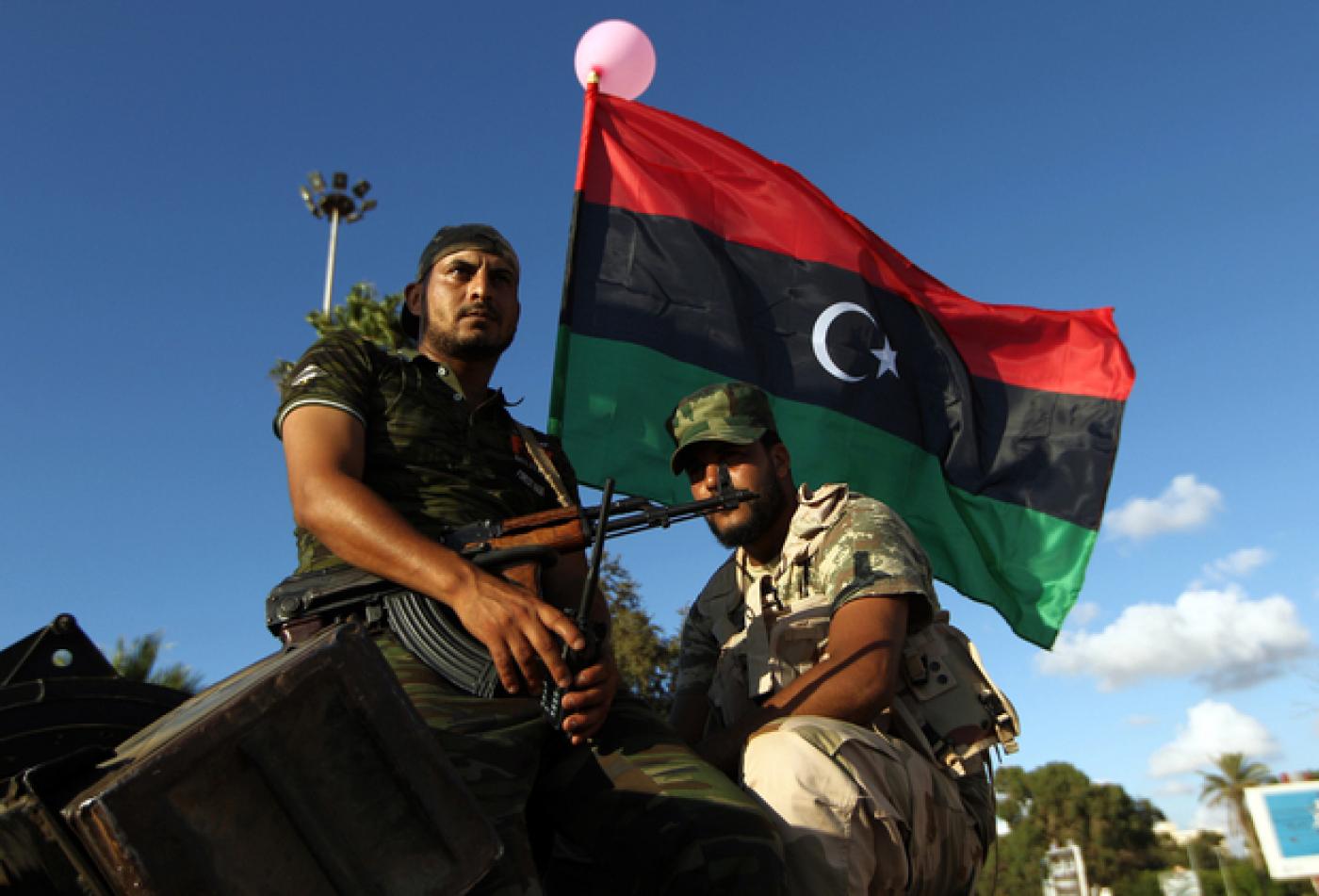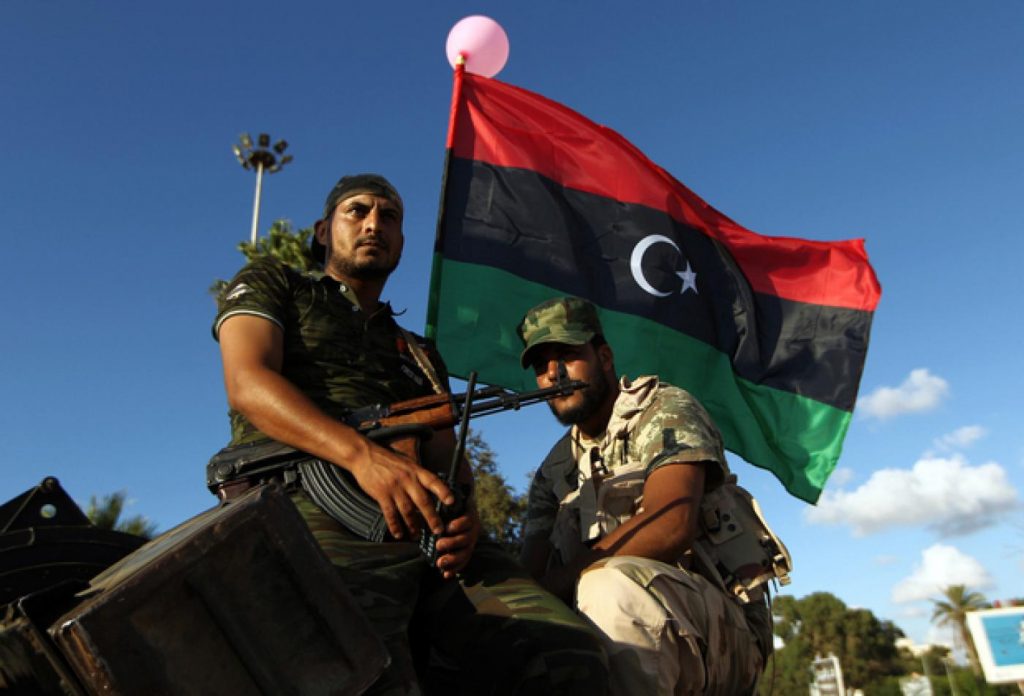Libya has heard its first meeting of unitary parliament in a rare light for a country that’s been mired into darkness ever since the US-led intervention in 2011. The North African state last came this close to re-forming coherent statehood in 2014 when a brief political patchwork attempt disintegrated back into militarised chaos as economic interests from America to Turkey to Russia dug in further to claim their stake in the oil-rich land.
The Government of National Unity is sponsored by the UN and has to be approved by the parliament in the next 21 days to maintain its position. The Libyan Political Dialogue forum will have to elect a new government again if not.
Abdul Hamid Dbeibah, the president of the government, encouraged those present to keep the greater good in view over individual interests in a recorded address to the parliament. Onlookers who set off the country’s spiral into violence and destruction are likely to have a big say in its future and would require a large change in pathway to cease putting themselves first.
Prior to the intervention, Libya had the highest standard of living on the continent despite being one of the poorest countries in the world when the revolution catapulted Gaddafi to leadership in 1969. The era of Gaddafi’s leadership saw multiple attempts to form anti-imperial blocs both in the wider Arab and African diasporas, with varying degrees of success.
In 2009 Gaddafi was elected chairman of the 53-nation African Union in Ethiopia and, with support from numerous countries including Ghana, Eritrea and Zimbabwe, drove forward the argument for an African federation that included a unitary passport and currency. This currency, sometimes termed the gold dinar, was to be a counterweight to the financial hegemony of the US-backed dollar. Talks of shifting reserves to the Euro also threatened to upset the United States’ dominance and its financial foundation.
A small wave of protests that may well have fallen out of many people’s memory around the turn of the decade were used as pretext for the brutal bombing of the oil-laden country.
Civil warfare has terrorised Libya’s inhabitants almost permanently as the country has been flooded by mercenaries and foreign arms. 10 years later, the country is at the closest it’s come to a semblance of normalcy, although the African federation dream has been put on hold indefinitely with the absence of the continent’s prominent anti-imperialist nation.
The new prime minister has asked citizens to “forget their grudges” in the hopes that the relative peace can hold out until the long-awaited national elections take place on December 24th.
Although the government has got some praise, mainly being able to form in the first place, but also for its appointment of women to various prominent roles, including foreign minister. However, corruption allegations have swirled around and there are rumbling worries that power may not be given up easily when December arrives.
Libyans are glad that the violence of the last decade may finally be coming to an end. The flame of pan-african anti-colonialism is a long way off being lit again though.
Mali Kakembo, is a member of the YCL’s Wales district




